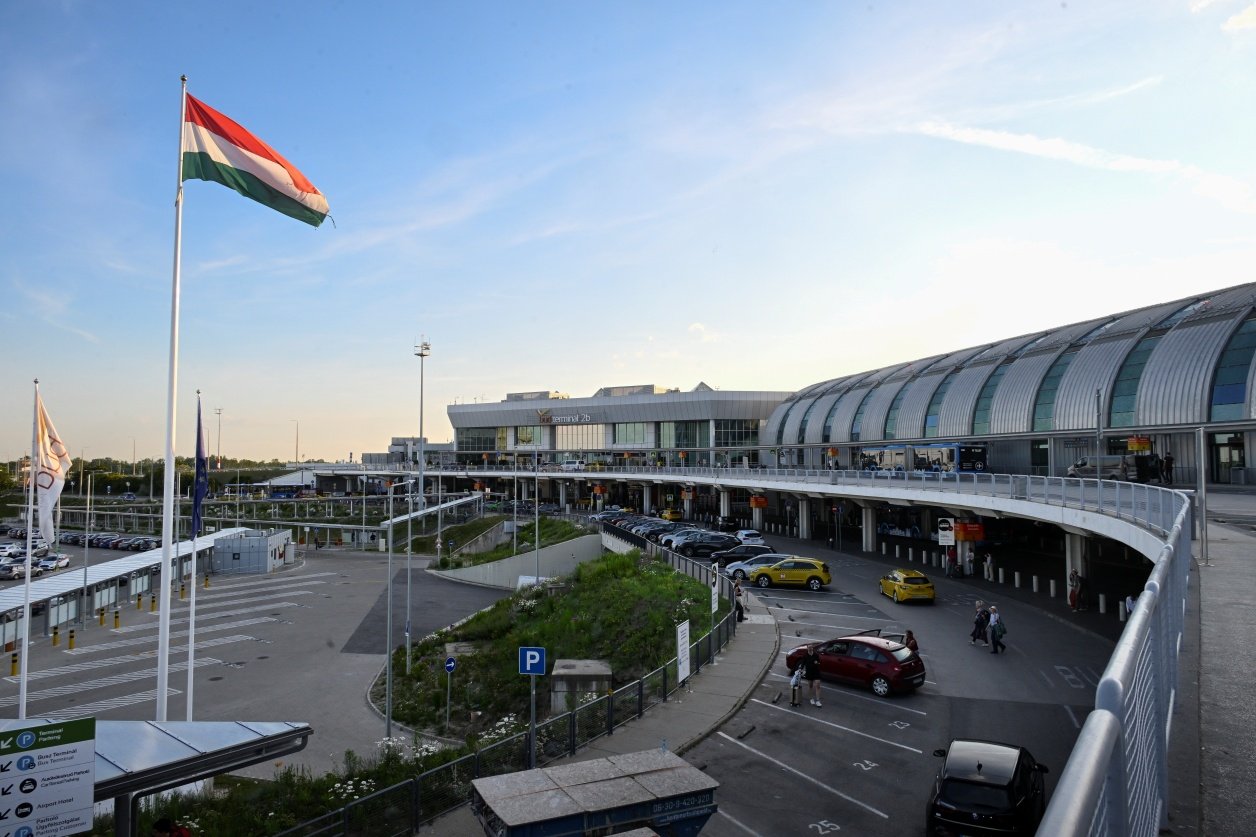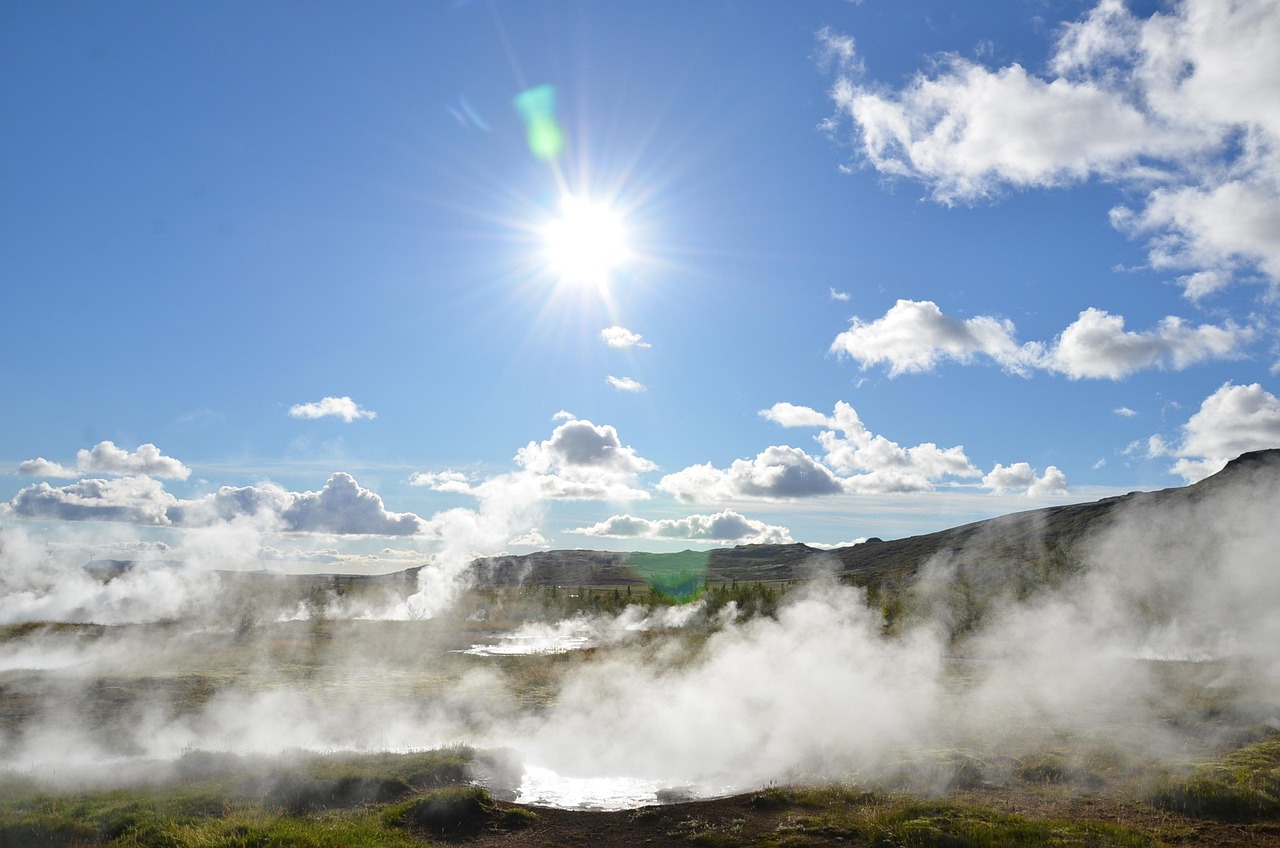
The widespread use of geothermal energy in Hungary could replace up to one billion cubic meters of natural gas by 2035.Continue reading

As a result of energy efficiency improvements implemented over the past twenty years, all gas boilers have been shut down in municipal buildings in Mórahalom (southern Hungary, near the Serbian border), Mayor Zoltán Nógrádi (Fidesz-KDNP) announced on Wednesday.
The politician said at the conference of the National Association of Local Governments that only a few boilers were kept in the buildings for safety reasons and that the basic fees were being paid. The use of renewable energy sources has saved the municipality billions over the years. The mayor emphasized that the money saved could be used to run and develop the town, which has a population of 7,200.
Zoltán Nógrádi recalled that
the first thermal well was drilled in the town in the 1960s, during hydrocarbon exploration, on the basis of which a spa was built.
There are currently five 1,300-meter-deep thermal wells in Mórahalom, which produce 67-degree thermal water. Three reinjection wells are connected to the production wells. The wells and institutions are connected by more than ten kilometers of pipelines, and the buildings are heated by 64 heating centers.
The town also has four gas engines that burn methane brought to the surface by the thermal water to generate electricity, which powers the wells,
Mr. Nógrádi pointed out.
The Mayor highlighted that under current legislation, local governments are not allowed to develop thermal wells on their own; such investments can only be carried out in cooperation with mining companies. He added that the basic prerequisites for the use of renewable energy sources were the energy modernization of municipal buildings, facade insulation, replacement of doors and windows, and the modernization of heating systems. Operation is supported in several properties by sensor-based automated building management systems that measure temperature and humidity and control cooling, heating, and ventilation.
In her presentation, senior project manager Anikó Szűcs explained that it was partly thanks to the EU grant of HUF 1.7 billion (EUR 4.2 million), which was completed last year, that the decarbonization project made it possible to connect the previously isolated thermal systems.
As part of the development project supported by the Swiss Fund, new transmission lines will be built and heating centers will be established and modernized to improve security of supply.
A Hungarian-Serbian border project is also investigating how thermal water used in spas, which cannot be recycled, can be used to replenish and rehabilitate saline habitats and mitigate atmospheric drought.
Via MTI, Featured photo via Pixabay